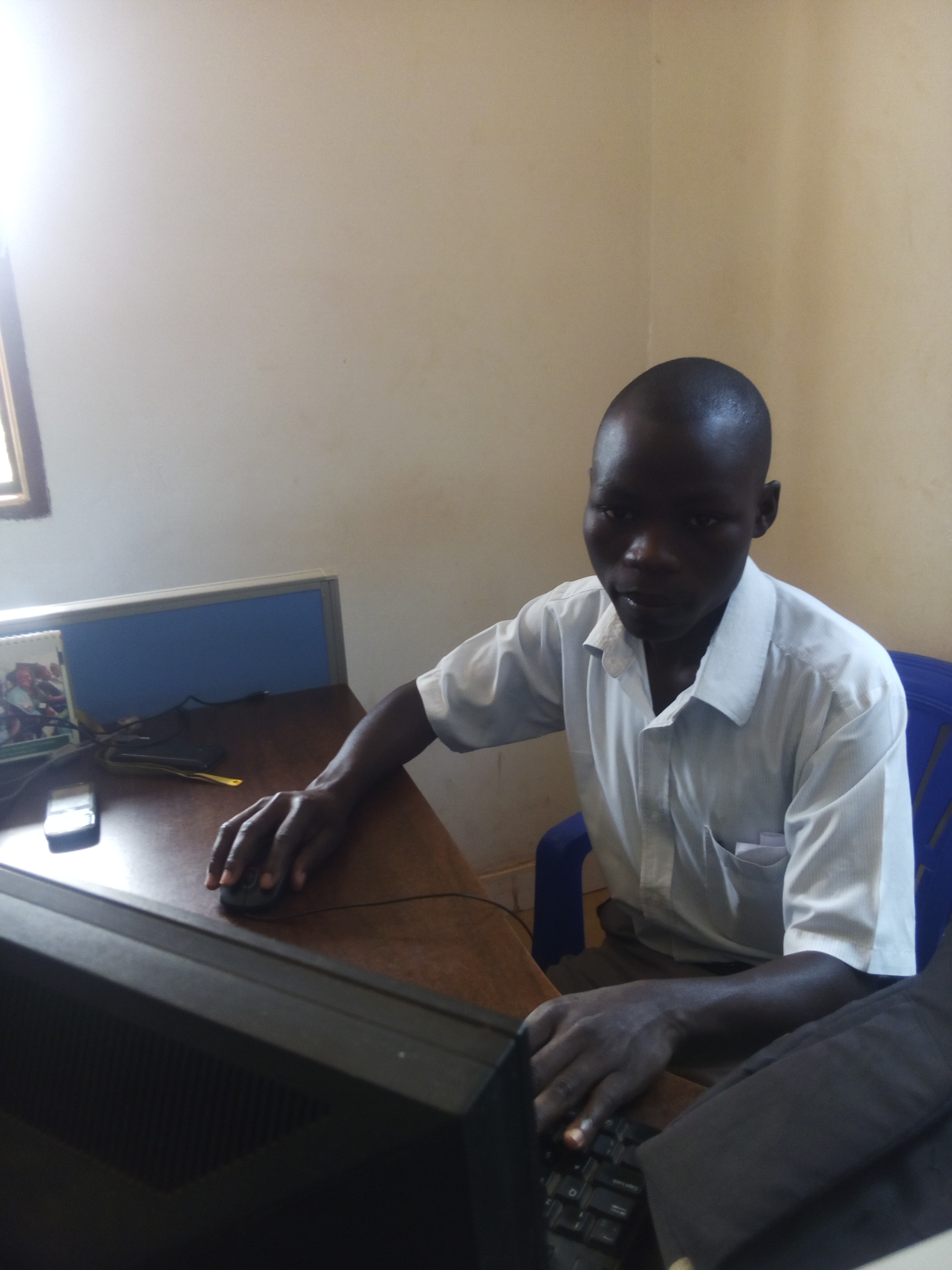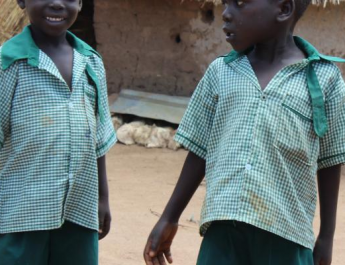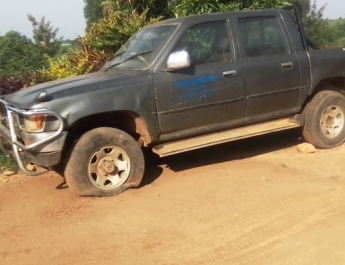Medics are urging Women between the ages of 13-45 to consider vaccination against the Human Papilloma Virus (HPV), the most common viral infection of the reproductive tract.
According to the World Health Organization, there are over 100 types of HPV of which 14 are cancer-causing. Two HPV types; 16 and 18 cause 70 per cent of cervical cancers and pre-cancerous cervical lesions. HPV is spread to women sexually by male careers who are never affected by the virus themselves and
The Uganda Cancer Institute says that many more women aged below 45 are reporting with advanced cervical cancer despite increased awareness about the disease and the existence of three approved vaccines that can protect against specific types of infection.
Quoting the Kampala Cancer Registry, Uganda Cancer Institute Executive Director Dr Jackson Orem said Uganda still has one of the highest incident rates in the world standing at 45 per every 100,000 women, yet the global average is 15 per 100,000.
This trend, according to Dr Sabrina Kitaka, a consultant paediatrician, can be reversed if women went out of their way to buy the vaccine since it’s only free of charge for girls.
“The government has paid HPV vaccinations for 10 to 13-year-old girls because that is what we can afford. But if you go for it, you get protected although there’s a better immune response when girls are below fifteen”, she said.
Kitaka urges women of reproductive age to get regular PAP smear to exclude cervical cancer. She says comprehensive cervical cancer control includes primary prevention that involves vaccination, secondary prevention where screening and treatment of pre-cancerous lesions is encouraged and tertiary prevention which involves treatment and palliative care.
Currently, a lot of women don’t know their status because they lack basic knowledge of where they can access the service.
Paul Ebusu, the Executive Director of Uganda Cancer Society says a lot of women who end up testing positive come out during screening camps as a lot of them never get to see a specialist or a medical doctor until it gets to the final painful stage. During awareness camps, he says, women often testify that they have been bleeding for some time but had never been to a health facility to inquire into the cause.
Ebusu calls for universal access to HPV just like in the neighbouring Rwanda where all women started accessing the vaccine in 2017.

The News Editor ,Reporter at Kagadi Kibaale community Radio



